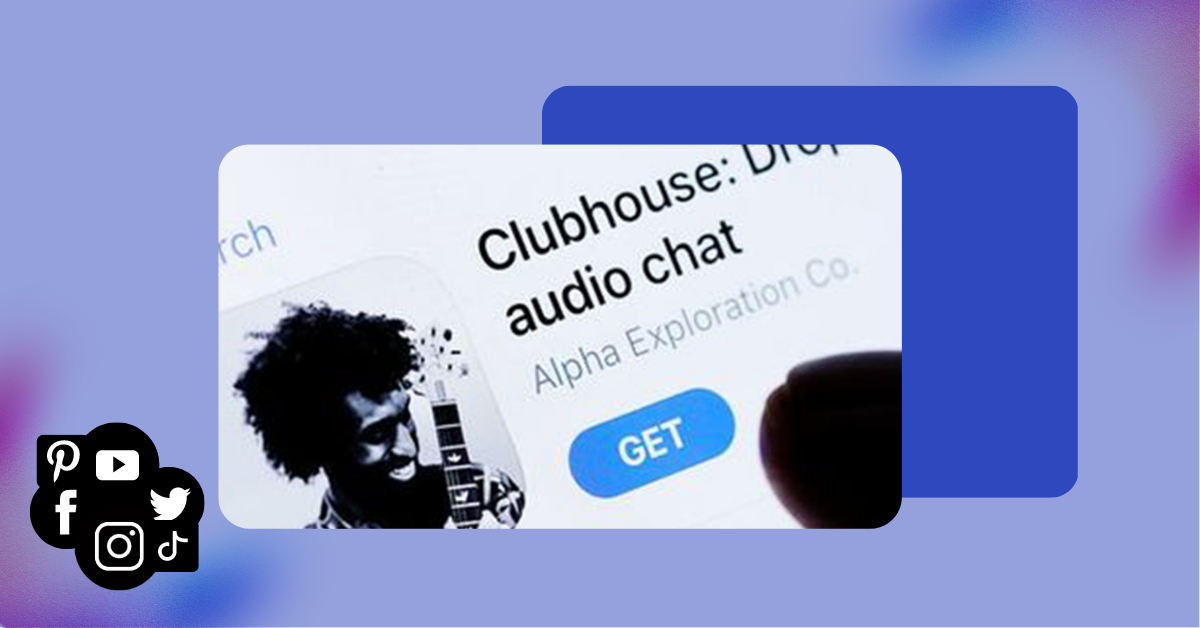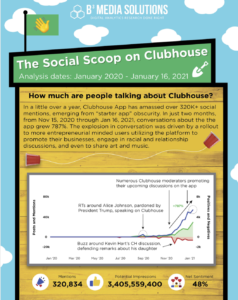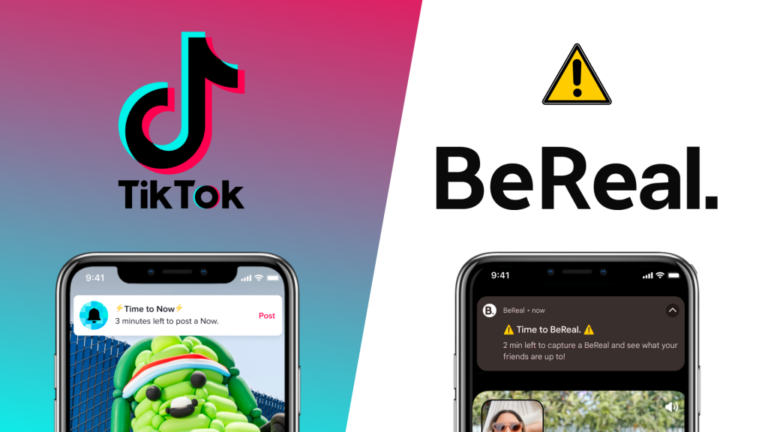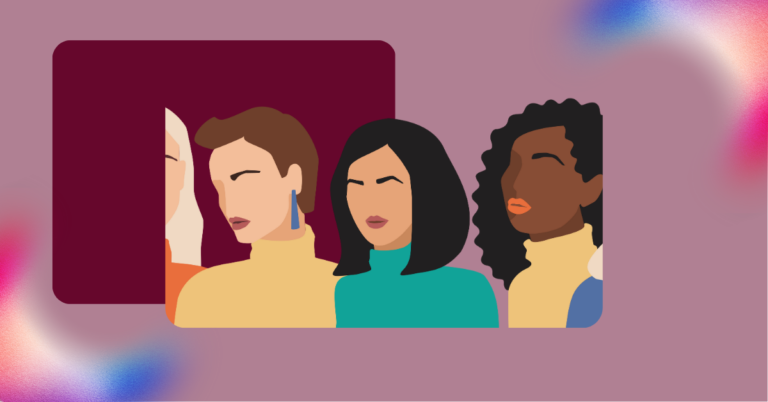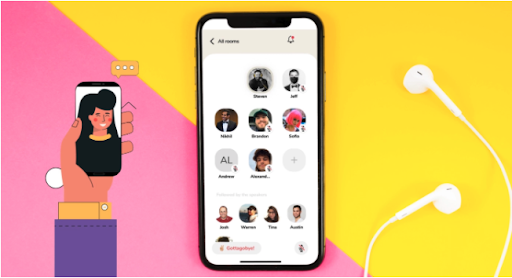
Chances are if you’re reading this blog, you’ve heard of Clubhouse. However, becoming a member is another thing. Mostly because you have to know somebody on the platform to get in. The invite-only, exclusive app has done a great job penetrating a very crowded social space and is now the hottest new app on the rise. Of course, it is currently in beta, so don’t expect perfection. Also, it is only available to iPhone users…so Android fans, you’ll have to wait for the invite…or just buy an iPhone.
What Is Clubhouse Again?
If you’re still scratching your head trying to figure out what Clubhouse is, let me help you. Clubhouse is a social media app that allows members to hang out in virtual rooms where they can talk about any and everything through the mics on their iPhone. The company describes itself as “a new type of social product based on voice”.
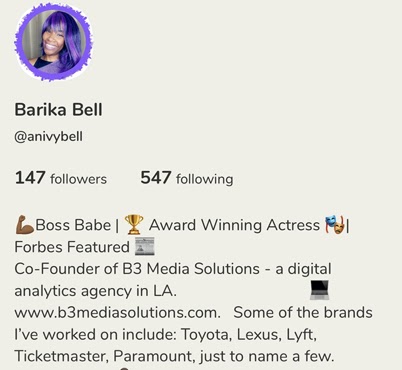
I spent over a month on the platform and to make it plain - think of it like an audio-only version of Zoom. You can see the pictures and hear the voices, but no video. Which is great because I can have witty banter sessions with celebrities, CEOs, and Millionaires in the comfort of my pajamas. You may be thinking, so what? Why would I care about an audio-only version of Zoom? However, once you get on the platform you’ll quickly learn that more than water-cooler talk is happening here. Business deals, financial advice, auditions, mental health conversations, cannabis talk, and much, much more. There are so many rooms, so many conversations, it is literally taking over its member’s attention units day by day. Even I have to admit to getting a bit distracted by the plethora of conversations being held on the app. But I digress, it was all for a purpose, to share it with you in this blog.
How Did They Do It?
Clubhouse carved out a niche by targeting celebrity and high profile tech influencers and venture capitalists to kick off its initial membership base. As time went on, it began to attract a more diverse audience and the rooms began to diverge from the boring, tech and cryptocurrency talk. Now, it is a top place to go if you’re looking for business advice, how to grow your followers, how to become a Millionaire, and how to find a sugar daddy - yeah, that was an actual room. But more than that, Clubhouse has managed to bring together business owners, coaches, fitness trainers, filmmakers, and a swath of interesting professionals to connect, share, and form relationships. Liked LinkedIn, but audio-only.
How Do I Use It?
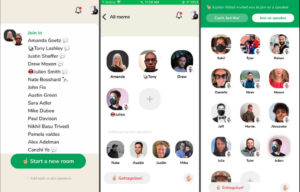
Within its hallowed virtual halls, you can listen in on discussions and hop from room to room, like club hopping, but virtually. Simply select the room you’re interested in, raise your hand, and the moderator can invite you up onto the “panel” to join the discussion. If you are so inclined, you can also become the moderator of your own room and eventually work your way up to being the founder of a club on Clubhouse. Now you should know that you are automatically muted upon entering the room. But once the moderator pulls you up onto the stage your mic is “live” so be sure to mute it right away if you have a noisy background.
Your halls are curated by who you follow, so choose your friends wisely. While it’s great to enter diverse conversations and topics, you don’t want your halls filled with “Follow 4 Follow” rooms. But what is great about the app is that you can meet and talk to people from everywhere who work in almost every industry, discussing any topic. And if they don’t have the topic you’re interested in…..congratulations, start a room and find your tribe!
Oh, and if you’re given the opportunity to speak, speak! The point of the app is to keep the conversation going, so get up off the proverbial wall and share. However, in the larger rooms (rooms over 100 or more), you likely won’t get an opportunity to speak but try anyway.
Who Are Typical Clubhouse Users
The landscape has changed since the days when the app first went live, and it was mostly filled with Silicon Valley tech types bantering about the latest app, stock or cryptocurrency. According to CNBC, African-American users are responsible for innovating new ways to use the voice app. The article goes on to reveal two critical allies that helped diversify its user base: Felicia Horowitz and Chris Lyons, both of whom are black. Each woman played key roles in inviting “heavy hitters” to Clubhouse.
Since then, Clubhouse has been dubbed “The Black LinkedIn” as creatives and entrepreneurs have flooded the platform, bringing new ideas, topics, even comedy and singing shows. A reading of The Lion King made headlines after its debut on CH. This sparked a number of live theater groups, actors, and creatives to reprise readings of other well-known plays (i.e. Fences, In The Heights, etc) on the platform.
Update: As of 1/14/21 -There is now an “Interests” panel which allows you to select what your interests are, from religion, to sports, entertainment and much more, all to help personalize your Clubhouse experience.
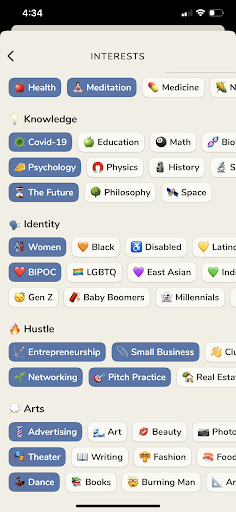

You’ve Got Me Excited - How Do You Get An Invite?

You already know it is invite-only, but how do you score the “Golden Ticket” or invite rather, to join the platform. You have to know a member, or join this FB group to get one, or check out one of the many videos that promise to give “Clubhouse App Invite Hacks”. Or, you can do like most people and wait until the beta is over and join once they allow everyone to join, Androids included.
The Ugly Side of CH
While the Clubhouse founders and a company spokesperson state: “Clubhouse is being built for everyone and we are intentional in cultivating and maintaining diversity and inclusivity within our team, investor base, and advisors as well as the growing community on Clubhouse” - this sentiment has not been reflective of what is happening in the actual rooms. Since users are the moderators, racial slurs, overtalking, screaming matches, Follow4Follow, rooms and scam rooms have popped up. It takes skill to properly moderate a panel - which includes the job of vetting the panel members, a run-through of what they are sharing and being ready to mute a participant at a moment's notice. And unfortunately, not every moderator takes the job seriously, which has caused a number of issues on the platform.
Celebrities have also played a part in generating negative press for Clubhouse, with Lakeith Stanfield being caught in $300 “Moan Room”, the controversy around Kevin Hart’s remarks about his daughter, and Tiffany Haddish being a leader of a #CHBullying room. I'm not saying don't use Clubhouse, as there is so much potential for good after having spent a month on the platform, but like most places on the Internet, you should keep your guard up at all times. At the very least, we MUST acknowledge just how harmful Clubhouse can be—no matter how much we like using it.⠀
Audio-only Apps On The Rise
Clubhouse might be the audio darling right now, but there are a bevy of up and coming audio social media apps you’ll be hearing about soon. Here are a few to keep your eye on:
- Discord: This audio-only social app is currently a preschooler, having only been around since 2015. According to VentureBeat, Discord has over 140M users, well over the projected 600K users for Clubhouse. Discord had its beginnings as an audio platform for gamers but the platform was opened up to everyone in 2020, positioning itself as the largest Clubhouse rival.
- Twitter Audio Spaces: The concept is to allow users to gather for live conversations on Twitter. Some of the beta features include transcriptions, reactions, the ability to report spaces, and the space creator controlling who can speak. Like Clubhouse, it is only available to a select group. However, Twitter’s focus is not on celebrities but on those “disproportionately impacted by the abuse and harm on the platform: women and those from marginalized backgrounds.
- Spoon: Spoon is a live audio streaming platform anyone can use. You have the option of doing live or pre-recorded audio, and you can even monetize your content.
- Riffr: Riffr describes itself as a social (micro) podcasting app. Users are allowed to post short-form audio content on almost any topic. Like Clubhouse, you have the option to follow users that you like. But that is where the similarities end. Riffr is not live—it is more like a mini-podcast session.
If you want to take a look at our Clubhouse App Social Analysis where we dive deep into the metrics and pull out all the “Gems” we found about the platform, the users, and what they’re saying on social media about Clubhouse, just click below to get your free copy of the Infographic.

